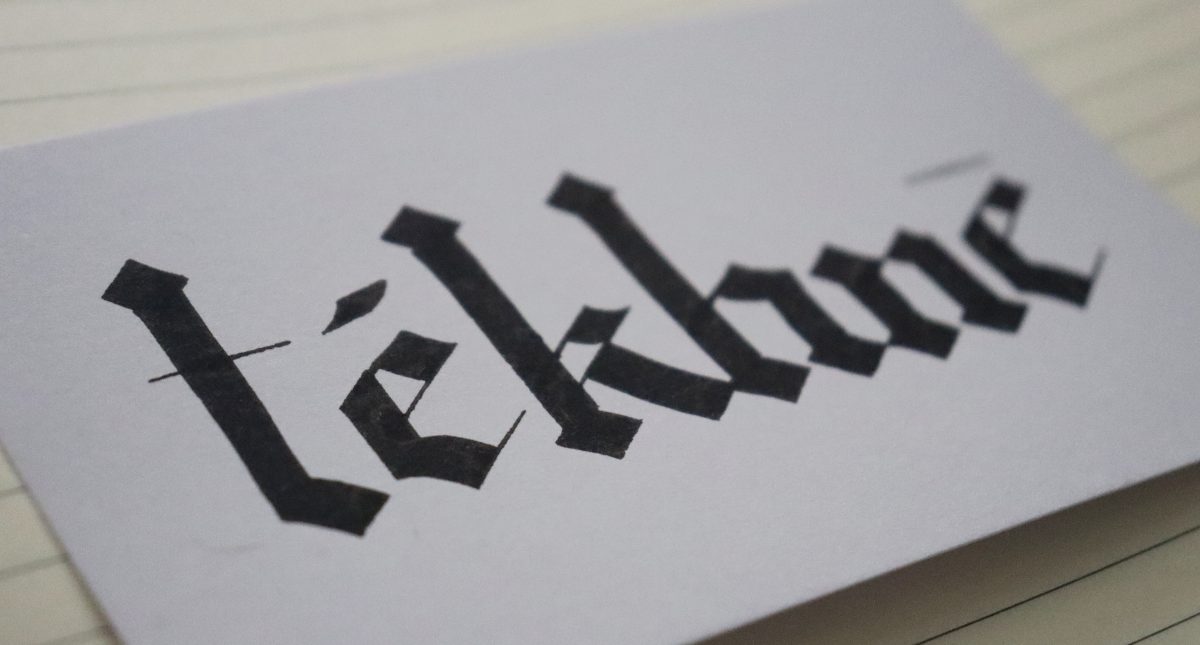I can’t find anything on the internet anymore.
I began to notice the deterioration of internet search several years ago. I possibly noticed it first with programming queries. I do a lot of computer programming, and as any programmer knows, you spend a lot of time searching for how to do things on Google. Often it’s quite simple things – things you’ve done before – but with so many languages and standard libraries, you can’t quite remember how to do it with this programming language and this standard library.
First it became harder to find the answers to more obscure questions – okay, I thought, maybe it’s just harder for Google to understand what I’m looking for. Then it became harder to find the answers to easy questions – sometimes dead easy questions. And it’s at the point now where I have to trawl through five, six, seven websites to maybe find the answer I’m looking for – even for the most basic questions, like those about for … of and for … in loops in JavaScript.
What’s infuriating is that often I know that there is a webpage with the answer – because I’ve looked it up before and found it, but I can’t quite remember it exactly so I just need to look again – but that webpage is now nowhere to be found – it has completely vanished from the search results. About 10% of the time I can find the page again after about 10-15 minutes of searching. The other 90% of the time, the page is lost forever.
I am far from the first to comment on this phenomenon. Others have suspected that the reason behind it – specifically when it comes to Google – is just plain greed. Google wants to make more money, so they show you more paid search results instead of the actually good and accurate ones.
I’m not entirely convinced. There is a certain attitude that can creep in at technology companies – particularly large and prestigious ones. This is the attitude of everyone wanting to have ‘their thing’. Everyone wants to have ‘their thing’ on the live site – their idea, their feature. Everyone at these companies knows that they’re going to have to change companies after a couple of years, so they want to have some idea or feature that they can claim to be theirs that they can talk about when applying to other companies. It doesn’t matter if that feature is actually what the users want or what’s good for the site – these people don’t really care about the site – they’re not going to be working on it for long anyway. They just want something to put on their curriculum vitae. This attitude leads to the constant shipping of new features – there’s always a new feature, a new project, a new complete redesign of the site. It inevitably results in sites being bloated with features – like Facebook is – Facebook has far too much random junk on it. Companies overshoot their optimal product by just adding more and more things.
Meanwhile, the core features get ignored. There’s no glory in the core features. Carefully maintaining a system over years doesn’t look nearly as good on paper as adding a new feature – your feature.
And this certainly applies to Google Search. The Google Search results page is now just filled with shit. If I search for something simple like ‘the Moon’, I am shown an information box at the side, an interactive diagram, a ‘people also ask’ section, even though I didn’t ask a question, a whole block of news stories about the Moon. Somewhere in amongst all of that I might be able to find a search result or two. Has Google forgotten that one of the original appeals of their site 25 years ago the fact that it was free from clutter?
I have a suspicion that another aspect of the collapse of internet search is control. 15 years ago, it was widely – if not universally – believed that the user knew best. It was not for the company to tell the user what they should have or what they should want. If users wanted a certain setting, they got it. If users wanted a certain feature, they got it. Then sometime in the 2010s – around the time that TikTok became popular – it changed. Technology companies decided that they knew best. The user didn’t know what they wanted – not really. The user couldn’t be trusted to make their own decisions. What video do you want to watch next? Oh, you don’t get to decide that. YouTube has already decided that for you, and we’ve also already set the video to autoplay, even though you didn’t tell us to do that. Oh what’s that? You don’t want to restart your computer at this exact moment in time? You’re working on something important? That doesn’t matter. Microsoft has decided that your computer will now shut down and be updated. No, you can’t change this setting.
At the same time, technology companies were increasingly filled with censorious people. Along with this idea that users couldn’t be trusted to know what they wanted technically, they also couldn’t be trusted to know what they wanted in terms of the kinds of content – sites, posts, images, videos – that they were getting. Users couldn’t be trusted to go to the right websites.
As soon as a search engine has an opinion about what you should and shouldn’t be seeing, its algorithm stops being about accuracy. Search is power – the power to look at something that isn’t what the company wanted you to look at, and that can’t be allowed.
This censorious impulse has been very obvious on YouTube over the years – it’s so bad on YouTube that I have to have a Chrome extension that allows me to block entire channels – because YouTube started very heavily pushing channels that I wasn’t interested in but which clearly fit YouTube’s bias. I have no reason to think that this censorious impulse hasn’t also affected Google Search.
Of course, usually when we ask ‘Which of these causes is what caused this?’, the answer is all of them. And perhaps that’s true here. A greed for money, a need for pride, and a lust for power.
Anyway, it’s at the point where internet search is so bad that I would happily pay for a better search platform, but when I try to search for one …

